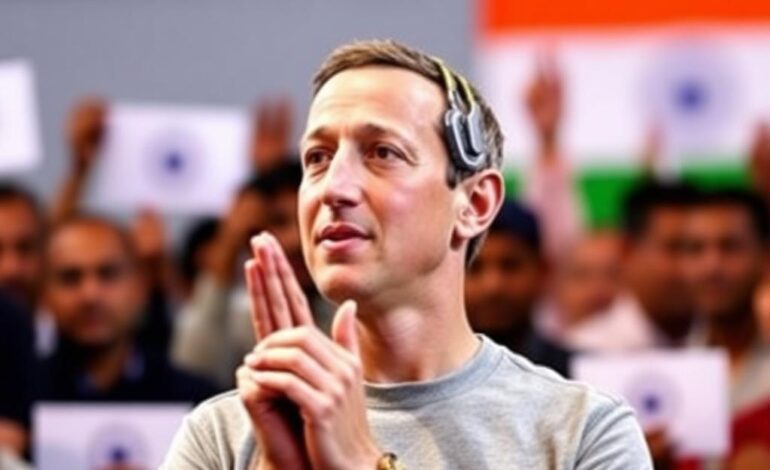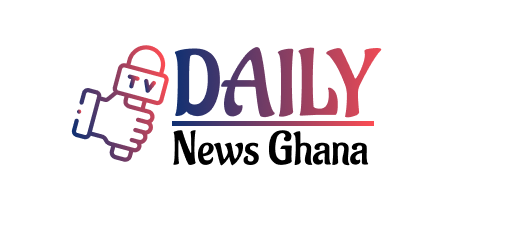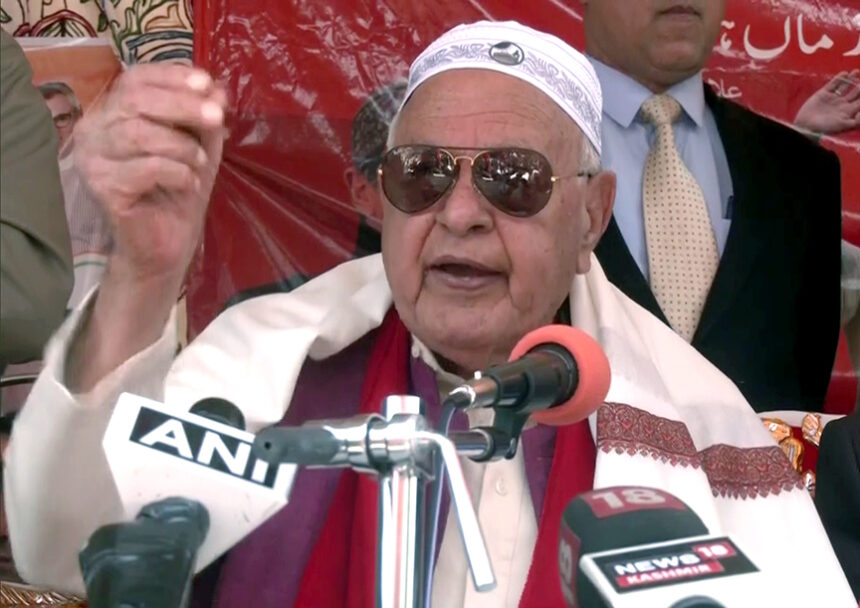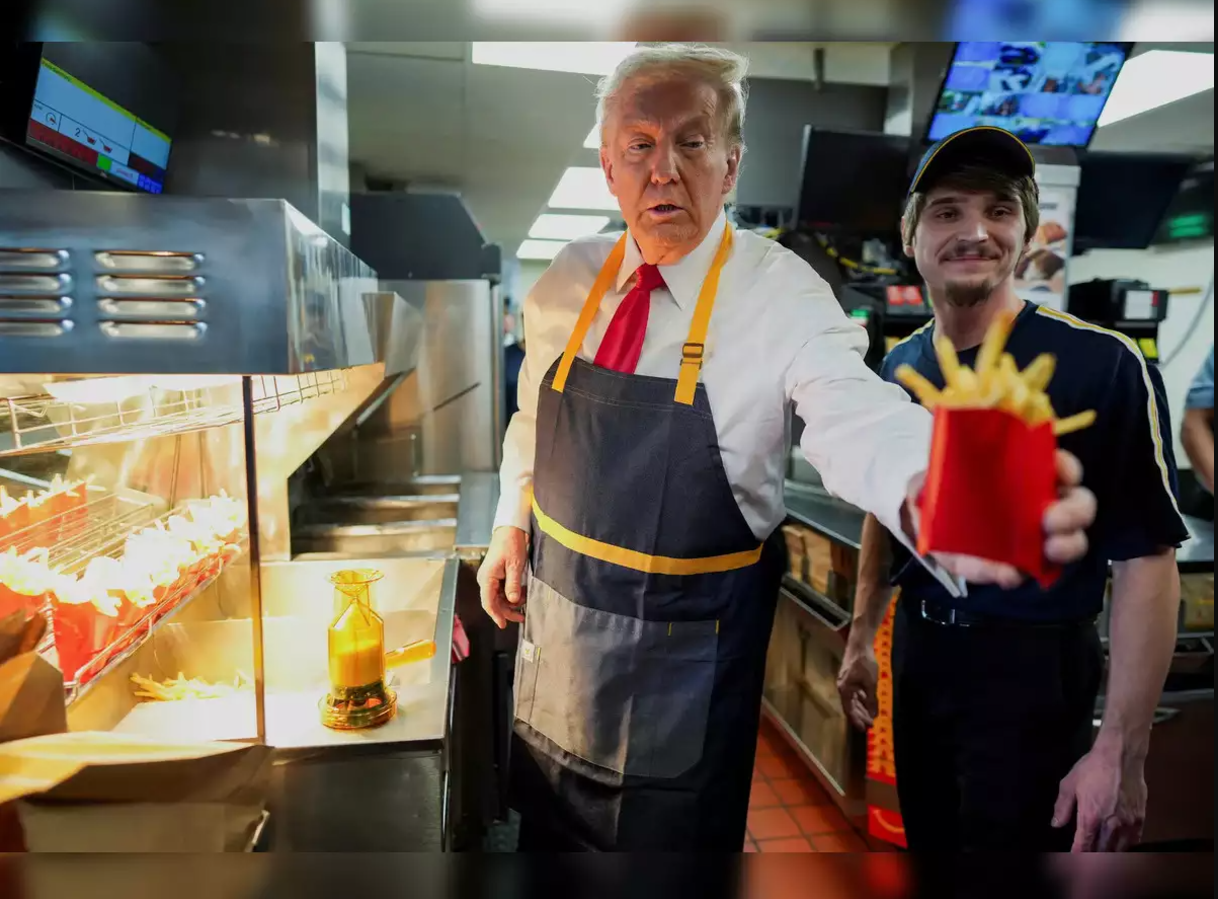Meta India Apology Over Zuckerberg’s Comment on Indian Elections: What’s Next?

A Deep Dive Into the Controversy, Politics, and Impact
In the ever-evolving relationship between social media platforms and politics, moments of tension are inevitable. Over the years, platforms like Facebook, Instagram, and WhatsApp have shaped political discourse, especially during election seasons. Meta, the parent company of these platforms, has found itself at the center of several controversies. But the recent one involving Mark Zuckerberg and his comments on India’s elections in early 2025 has stirred up more than just political talk – it has raised questions about foreign influence, the role of tech giants in democratic processes, and the need for stricter regulations.
Mark Zuckerberg, the CEO of Meta, made a comment that some saw as an inappropriate remark about India’s upcoming elections. It wasn’t long before this comment caused an uproar, leading to a swift apology from Meta India. However, the issue didn’t stop there. Indian politicians, particularly from the ruling Bharatiya Janata Party (BJP), voiced their concerns, and while some have declared the matter “closed,” the situation raised important questions that go beyond this particular incident.
This blog takes a closer look at the incident, the apology from Meta India, and the larger implications it holds for the future of social media platforms, democracy, and tech company accountability.
What Happened? A Breakdown of the Controversy
It all started with a remark from Mark Zuckerberg regarding India’s upcoming elections. Although the specifics of his comment were unclear, it was interpreted by many as an attempt to influence or interfere with the Indian electoral process. The comment was perceived as a suggestion that Meta’s platforms could impact the elections, either by shaping voter sentiment or affecting political narratives in the country.
This was a huge issue, especially in India, where elections are not just a national event but a monumental occasion that captures the attention of millions. Given the vast number of people in India who use Facebook, Instagram, and WhatsApp, any perception of foreign involvement in these democratic processes is a sensitive issue. Zuckerberg’s remark sparked outrage among Indian politicians, particularly members of the BJP, leading to demands for accountability.
Meta India’s Apology: A Swift Response
In response to the backlash, Meta India quickly issued an apology. The company acknowledged the discomfort caused by Zuckerberg’s comment and reiterated its commitment to neutrality. The official statement issued by Meta India emphasized:
“Meta respects the democratic values of India and has always strived to maintain neutrality in the political sphere. We deeply regret any misunderstanding caused by the remarks made by our CEO. Meta remains committed to providing a platform where users can engage in free, open, and fair political discourse without bias.”
This was a classic move from a global corporation trying to de-escalate a politically charged situation. The apology aimed to reassure Indian lawmakers and citizens that Meta had no intention of interfering in the democratic process. It was an effort to quell the storm and move forward, but of course, it was not the end of the conversation.
The Political Fallout: How the BJP Reacted
The response from Indian politicians, especially the BJP, was quick and strong. Nishikant Dubey, a senior BJP Member of Parliament, was among the most vocal in criticizing Zuckerberg’s comments. He made it clear that foreign interference in India’s elections would not be tolerated. Dubey’s statement to the press was firm:
“India’s democratic processes are sovereign, and we do not welcome any attempts by foreign companies to meddle in our elections. Mark Zuckerberg’s comments are unacceptable, and Meta must clarify its stance on this matter.”
The criticism wasn’t just about the comment itself; it was about the broader issue of foreign influence in Indian politics. The BJP, in particular, has been keen on ensuring that India’s elections remain free from outside interference, especially in an era where social media has become a central player in political campaigns.
Nishikant Dubey Declares “Issue Closed”
Despite the uproar, the situation seemed to cool down when Nishikant Dubey declared that the issue was “closed” after Meta India issued its apology. Dubey acknowledged the apology as a satisfactory response and stated that there was no need for further discussions.
While this statement signaled a resolution of the matter on the political front, many observers still felt that the larger issue of tech companies’ influence on political processes had not been fully addressed. Just because the matter had been “closed” politically didn’t mean it was over in terms of broader concerns about accountability and regulation.
The Bigger Picture: The Role of Social Media in Politics
Zuckerberg’s remark and the subsequent controversy bring to light a crucial issue that many countries are grappling with: the influence of social media platforms on political outcomes. This isn’t the first time a tech company has been scrutinized for its role in elections. In the United States, the 2016 presidential election sparked a global conversation about Facebook’s role in spreading misinformation and influencing voter behavior.
In India, the stakes are equally high. With hundreds of millions of users on social media, Facebook and other Meta platforms are seen as powerful tools for shaping public opinion. During election seasons, political campaigns increasingly rely on social media for voter outreach, advertisements, and even to spark viral movements. The line between using social media for political engagement and meddling in the electoral process can often be blurry, especially when global companies like Meta are involved.
This controversy raises an important question: Should tech companies like Meta have so much power over the political discourse of sovereign nations? Should they be allowed to operate with minimal oversight in countries where elections are taking place? The Zuckerberg incident has opened a conversation about the need for more stringent regulations to ensure that social media platforms remain neutral and do not interfere in political matters.
Meta’s Commitment to Political Neutrality
Meta has repeatedly stated its commitment to political neutrality. Over the years, the company has introduced several measures to prevent the spread of misinformation and ensure that its platforms do not promote biased content. However, incidents like this one suggest that there is still much more to be done in terms of transparency and accountability.
In India, where elections are considered a matter of national pride, the perception that a foreign company could potentially influence the outcome of an election is particularly sensitive. Meta’s apology was an attempt to address this concern, but it also highlights the ongoing tension between tech companies and governments when it comes to election integrity.
What Does This Mean for the Future of Social Media Regulation?
The incident involving Meta and Zuckerberg’s comment on India’s elections is not just about one apology or one comment—it’s a reflection of the broader issue of tech companies’ growing influence in global politics. As elections increasingly move into the digital realm, social media platforms are becoming key players in shaping voter behavior. This means that regulations are becoming more critical than ever.
India, like many other countries, may need to rethink how it governs social media companies and their role in the electoral process. Whether through stricter data protection laws, clearer guidelines on political advertising, or enhanced scrutiny of content on social media, it’s clear that governments around the world will need to step up their efforts to keep these platforms in check.
Conclusion
Meta India’s apology in response to Mark Zuckerberg’s controversial remark on India’s elections was an important step in resolving the immediate political fallout. However, the incident has highlighted the larger issue of tech companies’ influence on political processes and the need for more robust regulation to prevent foreign interference. As social media continues to play an increasingly central role in elections worldwide, it’s clear that this issue will remain relevant in the years to come.
The Zuckerberg controversy serves as a reminder that, as powerful as social media platforms have become, they must be held accountable for their impact on democracy. The question remains: How can tech companies maintain neutrality, respect national sovereignty, and ensure that their platforms are used for fair and democratic purposes? The future of social media regulation will likely depend on how these issues are addressed in the coming years.
Explore our blogs
Desclaimer
The views and opinions expressed in this blog are those of the author and do not necessarily reflect the official policy or position of Meta or any of its affiliates. The information provided is for general informational purposes only. While every effort has been made to ensure the accuracy and reliability of the content, the author does not guarantee the completeness or correctness of any information. Readers are advised to verify any information before relying on it. The blog does not intend to promote or criticize any specific company or individual, and any references to external entities are purely for informational purposes.




